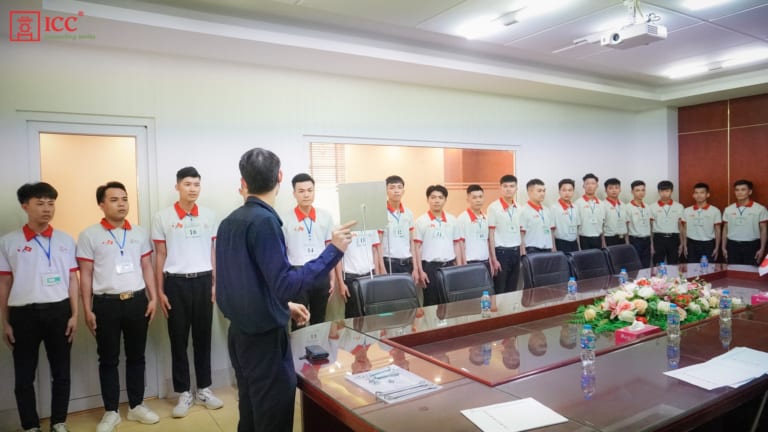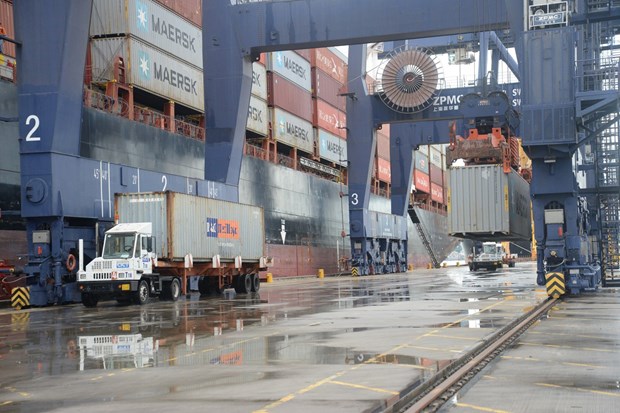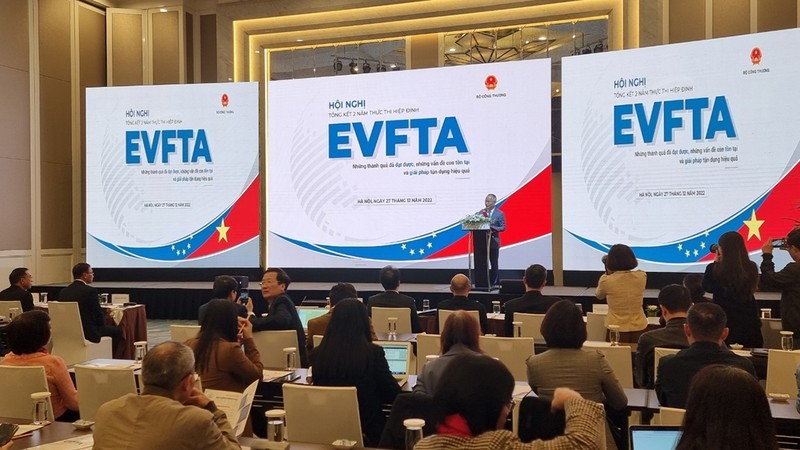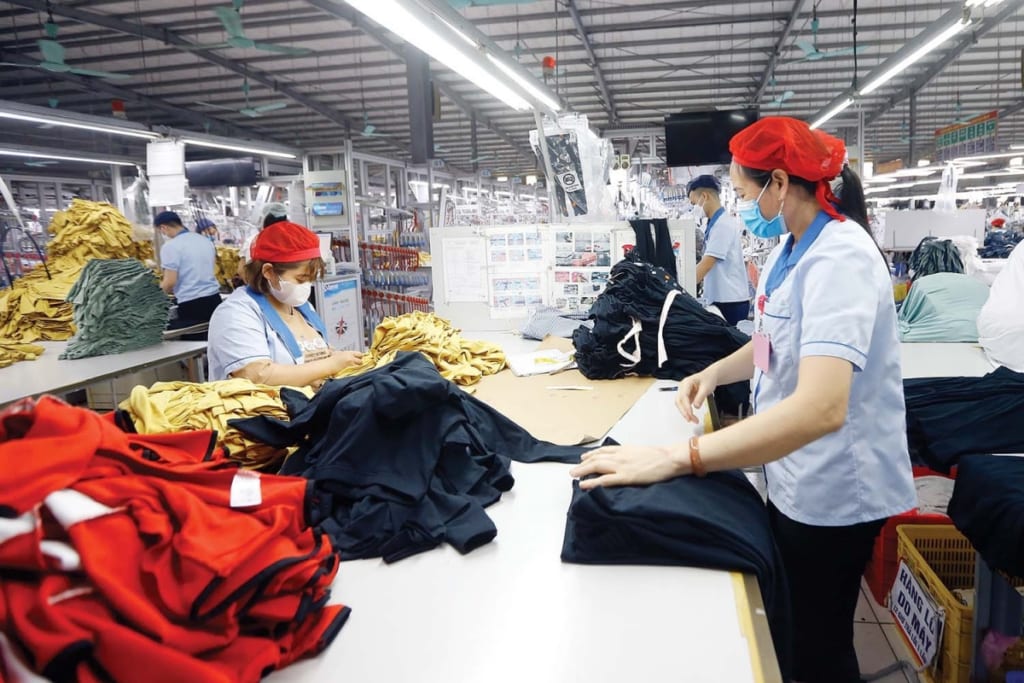Vietnam’s labor export industry has seen significant growth in recent years, positioning Vietnam as a key player in meeting the labor needs of various global markets. With Europe facing an increasing shortage of skilled and semi-skilled workers, Vietnamese laborers have become an essential part of the workforce across multiple sectors. This article explores the evolving trends in Vietnam’s labor export, highlighting its impact on Europe’s workforce transformation and the opportunities this presents for both businesses and workers alike. As demand for skilled labor intensifies, Vietnam is emerging as a reliable source of talent to fill critical gaps in the European labor market.
The Rising Demand for Skilled Labour in Europe
Europe’s Labour Shortages and the Need for International Workers
Europe is grappling with an ongoing labour shortage, with industries such as healthcare, construction, logistics, and manufacturing facing significant gaps. Countries like Germany, Poland, and Italy are particularly affected, as demographic changes, such as ageing populations and low birth rates, shrink the available workforce. Compounding this challenge are skill mismatches, where the available workforce lacks the expertise required for evolving industries such as IT and renewable energy.
In response, European employers are increasingly turning to international labour markets to fill these gaps. This reliance on foreign manpower creates immense opportunities for countries like Vietnam, which has become a leading provider of skilled and adaptable workers. Vietnam labour export trends are now central to meeting Europe’s workforce demands, particularly in sectors requiring technical expertise and strong work ethics.
Vietnam Labour Export Trends Addressing Europe’s Challenges
Vietnam has strategically positioned itself as a reliable partner in Europe’s labour market. By aligning its vocational training programs with European standards and addressing communication gaps through language training, Vietnam has established a strong foothold in industries ranging from healthcare to construction. This alignment not only addresses Europe’s workforce crisis but also highlights Vietnam’s growing influence in the global labour market.
Key Sectors Driving Vietnam Labour Export Trends
Healthcare and Elderly Care Roles for Vietnamese Workers
One of the most affected sectors in Europe, healthcare, has become a significant focus for Vietnam labour export trends. With aging populations creating an overwhelming demand for nurses, caregivers, and elderly care specialists, Vietnamese workers are playing a crucial role in addressing these gaps.
Vietnamese caregivers, trained through government-backed healthcare programs, bring a unique combination of technical expertise, cultural sensitivity, and dedication. Germany, for instance, has seen an influx of Vietnamese nurses and elderly care specialists who meet stringent European healthcare standards.
Vietnam’s Contributions to Europe’s Construction Industry
Europe’s construction sector faces delays and project cancellations due to a lack of skilled tradespeople, such as masons, welders, and electricians. Vietnam labour export trends in this sector focus on providing technically trained workers who can meet the demands of large infrastructure projects.
Poland and Italy have become key destinations for Vietnamese construction workers. Their expertise in handling complex projects, coupled with their strong work ethic, has made them invaluable for completing critical infrastructure developments.
Logistics, Manufacturing, and Seasonal Agricultural Roles
The rise of e-commerce in Europe has exposed significant gaps in the logistics and manufacturing sectors, where roles such as warehouse operators, truck drivers, and supply chain managers remain unfilled. Vietnam’s adaptable workforce is now stepping in to address these challenges.
In agriculture, seasonal roles such as harvesting and food processing are increasingly being filled by Vietnamese workers. Countries like Spain and France rely heavily on Vietnam’s workforce to stabilise their agricultural output during peak seasons.
How Vietnam is Preparing Its Workforce for Global Labour Markets
Government Initiatives Supporting Vietnam Labour Export Trends
Language Training to Bridge Communication Gaps
Effective communication is critical for success in European workplaces, especially in sectors like healthcare and logistics. Recognising this, the Vietnamese government has introduced language training programs in English, German, and French. These courses equip workers with the skills needed to integrate seamlessly into European workplaces.
Vocational Certifications Aligned With European Standards
Vietnam’s vocational training centres offer certifications in high-demand fields, such as nursing, IT, and construction, that align with European regulatory requirements. By meeting these standards, Vietnamese workers can enter the European workforce with confidence and competence.
Ethical Recruitment Practices Enhancing Vietnam Labour Export Success
Ethical recruitment is a cornerstone of Vietnam labour export trends. Licensed agencies in Vietnam adhere to international best practices, ensuring transparency and fairness in the recruitment process. These agencies work closely with European employers to ensure that workers are treated with dignity and respect, fostering trust and long-term partnerships.
Technology and Innovation in Vietnam Labour Export
The digitalisation of Recruitment for Vietnam Labour Export Trends
The digital transformation of Vietnam’s recruitment processes has streamlined worker placement in international markets. Online platforms now connect Vietnamese workers with European employers, reducing administrative delays and improving efficiency. This innovation is particularly significant for sectors like healthcare and IT, where demand for skilled labour is urgent.
Upskilling Vietnamese Workers for Automation-Driven Jobs
Automation is reshaping industries such as logistics and manufacturing in Europe. To keep pace with these changes, Vietnam is investing in upskilling its workforce. Training programs focused on automation technologies and digital tools are equipping Vietnamese workers to excel in roles that require advanced technical skills.
Challenges Facing Vietnam Labour Export Trends
Navigating Certification and Administrative Barriers
Despite Vietnam’s advancements in workforce training, navigating Europe’s certification and visa requirements remains a challenge. Workers often face delays in obtaining the necessary documentation, hindering their ability to fill urgent roles. Streamlining these processes through bilateral agreements is essential for sustaining Vietnam labour export trends.
Overcoming Cultural and Workplace Integration Issues
Adapting to European workplace norms and cultural expectations can be difficult for Vietnamese workers. While cultural orientation programs have made significant strides, more efforts are needed to ensure smoother integration. Employers and agencies must work collaboratively to bridge these gaps.
Vietnam Labour Export Trends and Their Economic Impact
Boosting Local Economies Through Worker Remittances
Remittances sent by overseas workers form a significant portion of Vietnam’s GDP. These funds are used to improve living standards, invest in education, and develop local infrastructure, creating a positive ripple effect throughout the country.
Vietnam’s Strategic Role in Global Labour Market Growth
As a key player in the global labour market, Vietnam’s focus on workforce development has strengthened its economic position. Vietnam labour export trends not only address Europe’s workforce shortages but also drive sustainable economic growth at home.
The Future of Vietnam Labour Export Trends
Expanding Bilateral Agreements to Strengthen Vietnam Labour Export
Bilateral agreements between Vietnam and European nations are expected to expand in 2024 and beyond. These collaborations will focus on addressing emerging labour demands in sectors such as healthcare, IT, and renewable energy, further solidifying Vietnam’s role in Europe’s workforce.
Adapting to Emerging Global Labour Demands
As industries evolve, Vietnam’s labour export strategies will need to adapt to new challenges, such as automation, green energy, and digital transformation. By remaining agile and proactive, Vietnam can continue to be a trusted partner in the global labour market.




